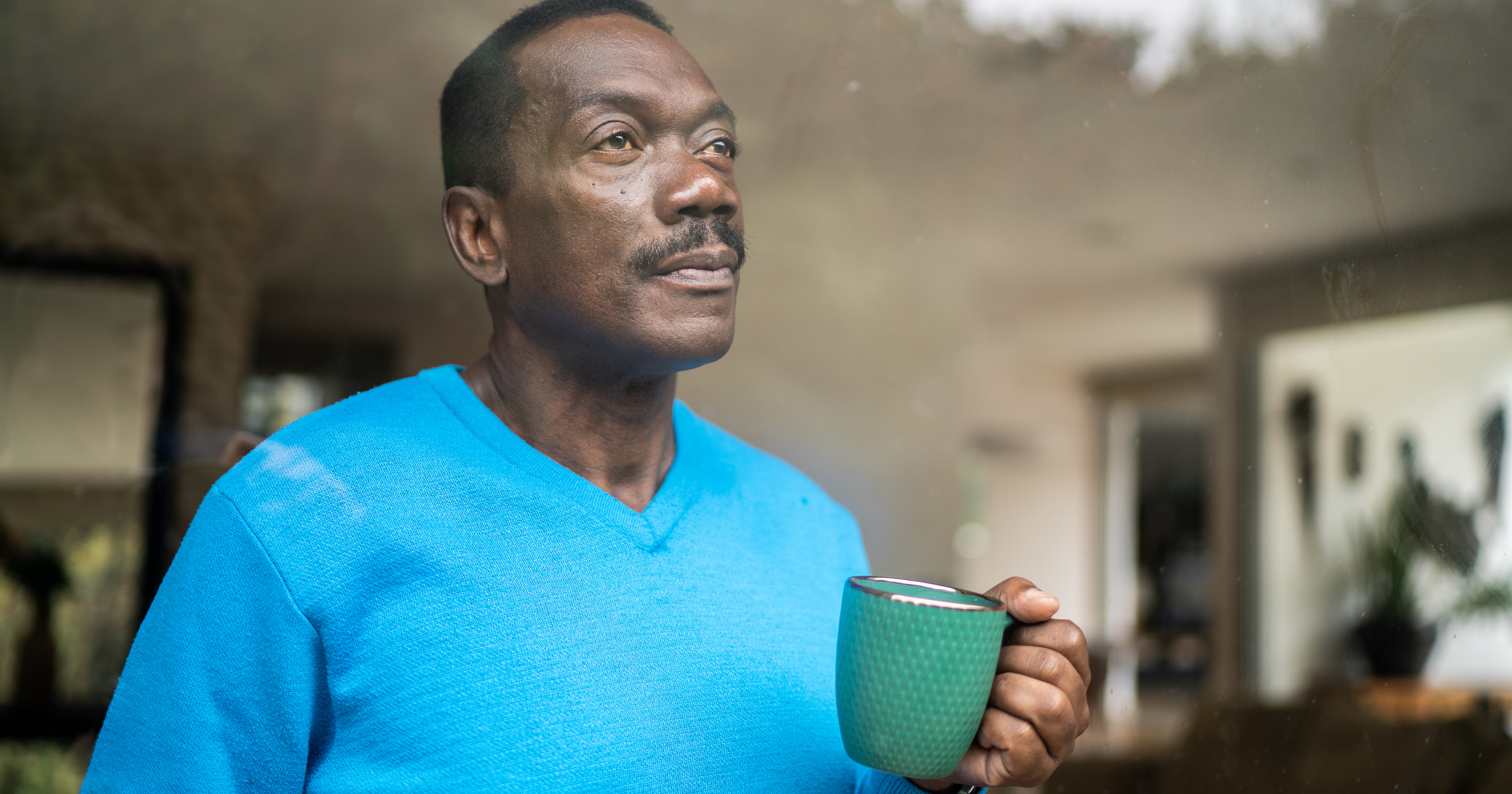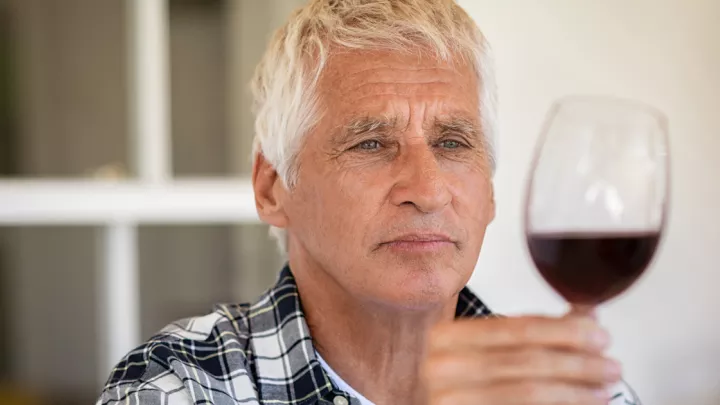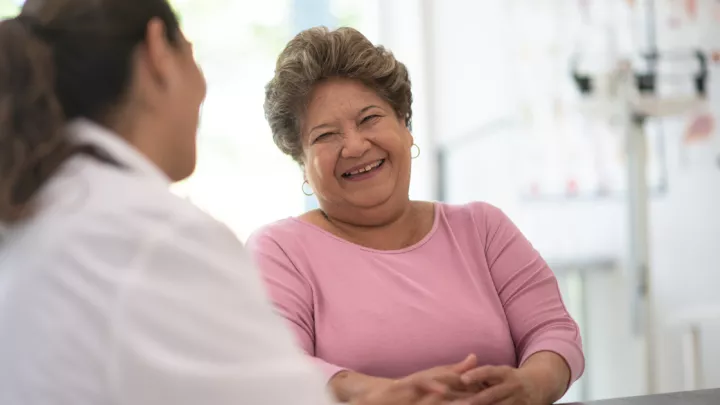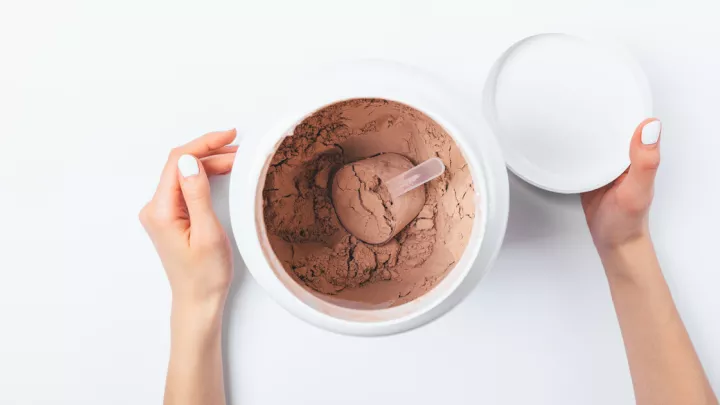Cancer and coffee: More than a morning pick-me-up?

This article is provided by Krissy Krager, graduate student in medical nutrition.
Coffee is a morning must for many people. It contains a compound called caffeine that helps boost attention and performance. However, opinions vary on whether drinking coffee is a healthy habit or something we should give up.
Does coffee cause cancer?
In the past, coffee was thought to cause certain kinds of cancer, but current research has shown this most likely isn’t true. When coffee is roasted, specific compounds are made in small amounts. In very large doses, these compounds are considered harmful. However, the amount found in coffee is not enough to be a health risk. In fact, coffee has many health benefits, including protecting against some cancers.
Health benefits of coffee
Beyond serving as a morning pick-me-up, coffee offers potential health benefits such as:
• Antioxidants which can help the body fight diseases
• Offering protection against liver disease.
• Reduction in your risk of getting certain diseases and cancers
Despite these health advantages, adding too much sugar, cream or sugar-based sweetener to your coffee may lead to certain health risks. The American Institute for Cancer Research recommends limiting sugar-sweetened beverages. There is strong evidence that sugary drinks promote excess calorie intake, weight gain and the development of diseases like diabetes. Understanding the amount of sugar and calories in your favorite coffee order can help you make the right choices for a healthy, balanced diet. Moderation is key.
How much caffeine is too much?
The FDA recommends having no more than 400 milligrams of caffeine per day. This is equal to about three to four cups of brewed coffee or about five to six shots of espresso. Common side effects of too much caffeine include trouble sleeping, anxiousness and upset stomach. Caffeine may also worsen side effects that occur during active cancer treatment. If you have concerns or questions about your caffeine intake, speak to your doctor about what is best for you.
Should I drink hot or cold coffee?
Neither hot nor cold coffee is necessarily better for you. However, repeatedly drinking very hot beverages can cause damage to the mouth and throat. Experts recommend avoiding hot beverages that are above 149 degrees Fahrenheit (65 degrees Celsius). When in doubt, let hot beverages cool off for a few minutes before drinking.
Finally, don’t forget to stay hydrated
It’s important to stay hydrated when drinking caffeinated beverages. Experts recommend drinking six to eight cups of unsweetened, noncaffeinated beverages each day. This includes water, unsweetened sports drinks and decaffeinated, unsweetened tea.







